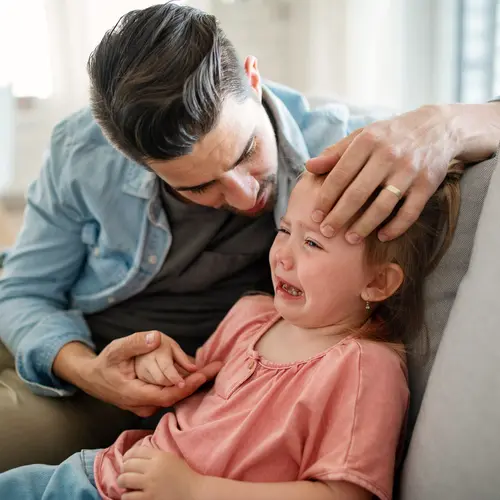Your seventh-grade son wants to join a social network to swap skateboarding tips with his pals. Your daughter in high school doesn't hang out at the mall with her girlfriends like you once did -- she's too busy posting selfies with them on Instagram.
Should you put a stop to this digital dependence? Is it a good idea to instill your fears in your kids about the dangers of sexual predators on the Internet, and the possibility of permanently writing their adolescent wrongs, searchable forever, online? And what about the perils of sexting -- texting with sexual overtones and often imagery?
Kids need to understand online safety issues and learn the dos and don'ts of "cyberdating." But researcher and author Danah Boyd, PhD, says it's just as important that they tackle technology now. Especially, she adds, since today's children have been denied some of the freedoms previous generations took for granted as they grew up.
"These technologies are not going away," says Boyd, whose book, It's Complicated: The Social Lives of Networked Teens, cites her 10 years of fieldwork documenting teens on Internet usage. "This is how public life is now constructed. We need young people to learn to navigate these environments responsibly. We do our youth a disservice when we simply exclude them from these dynamics and then expect them to figure it all out when they're off in college."
Stranger danger is a leading concern among parents, Boyd says. But the facts regarding Internet predators simply don't jibe with the level of alarm. "A central challenge in addressing the sexual victimization of children is … facing the reality that strangers are unlikely perpetrators," Boyd says. "Most acts of sexual violence against children occur in their own homes by people whom those children trust."
Boyd's research reveals that the majority of kids who partake in risky behaviors online -- interacting with strangers in private chat rooms, offering details about themselves on random sites, even arranging to meet unfamiliar people face-to-face -- are often the same children who are most at-risk offline, too.
What may be a more valid concern is the rising trend of sexting and cyber-harassment among teens who are dating, cited in a new study done by Children's Hospital of Pittsburgh of the University of Pittsburgh Medical Center.
Tech Tips
School your kids about behaving safely when online with these tips from Boyd:
Encourage technology. "The key is to create digital training wheels when kids are younger and to offer more freedom in the teenage years, so when they leave home they make responsible decisions."
Acknowledge the pluses. Not everything said online is negative. "Many youth who have grown up with technology use that distance as young professionals to navigate difficult discussions with bosses, or otherwise navigate conflict in new ways."
Open up worlds for your child. "The Internet allowed me to see a world that was bigger than the small town in which I grew up."
Find more articles, browse back issues, and read the current issue of "WebMD Magazine."


